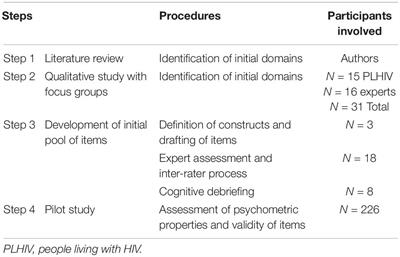EDITORIAL
Published on 10 May 2022
Editorial: New Challenges in Globalized Societies: Cross-Cultural Studies and Test Adaptation
doi 10.3389/fpsyg.2022.900535
- 1,437 views
- 3 citations
10k
Total downloads
69k
Total views and downloads
You will be redirected to our submission process.
EDITORIAL
Published on 10 May 2022
ORIGINAL RESEARCH
Published on 12 Apr 2022

ORIGINAL RESEARCH
Published on 11 Oct 2021

ORIGINAL RESEARCH
Published on 17 Aug 2021

ORIGINAL RESEARCH
Published on 03 Aug 2021

ORIGINAL RESEARCH
Published on 22 Jul 2021

ORIGINAL RESEARCH
Published on 09 Jun 2021

ORIGINAL RESEARCH
Published on 03 Jun 2021

ORIGINAL RESEARCH
Published on 10 Feb 2021

ORIGINAL RESEARCH
Published on 11 Jan 2021

ORIGINAL RESEARCH
Published on 03 Dec 2020

ORIGINAL RESEARCH
Published on 04 Nov 2020

